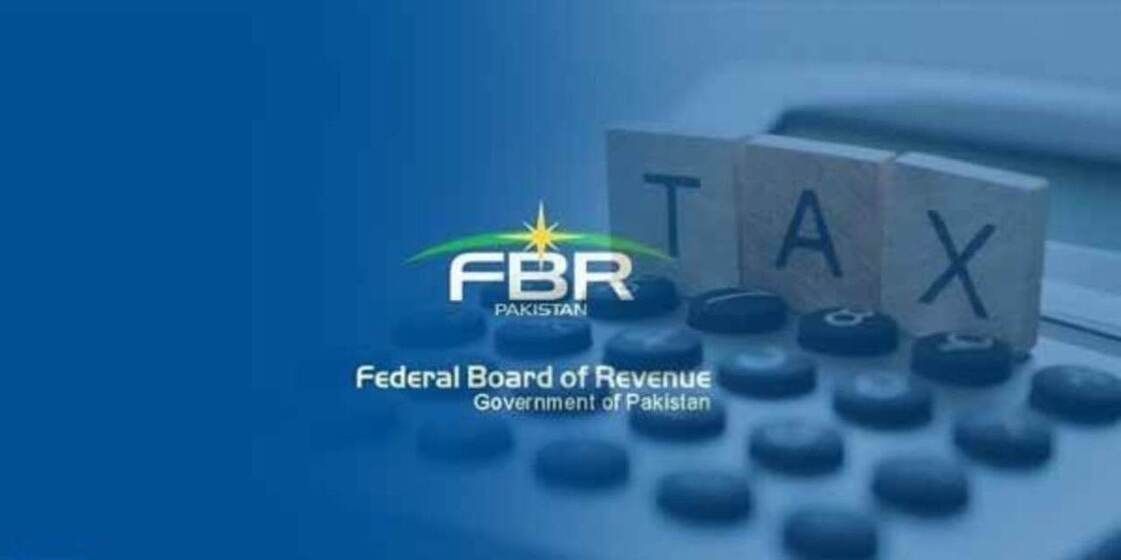ISLAMABAD: The Federal Board of Revenue (FBR) has moved to clarify the distinction between filers and non-filers amidst heightened discussions following the presentation of the budget for the fiscal year 2024-25. FBR Spokesperson Bakhtiar Ahmed addressed concerns, stating that out of Pakistan’s population of 250 million, only 2.5 million individuals are categorized as non-filers.
Ahmed reassured segments of the population, emphasizing that household women and CNIC-holder students need not be concerned, as they do not fall under the category of non-filers. He emphasized that non-filers specifically refer to individuals who fail to submit their tax returns despite having taxable income.
The FBR spokesperson highlighted upcoming measures, including the forwarding of a list to the Federal Investigation Agency (FIA) to prevent non-filers from traveling abroad. This move aligns with proposals in the budget to impose heavy taxes and restrictions on non-filers, such as a proposed 75% tax on mobile phone calls and the potential removal of tax exemptions on electric vehicles exceeding USD 50,000 in value.
To bolster tax revenues and bring non-filers into the tax net, the federal government has also suggested additional levies on non-filers. The FBR aims to enhance tax compliance through stringent enforcement measures, which have already included blocking SIM cards of non-filers in an initial phase, with potential electricity and gas disconnections in subsequent phases.
As discussions and implementations progress, stakeholders are closely monitoring these developments, which are pivotal in shaping Pakistan’s fiscal policy landscape and promoting tax compliance across the board.
The measures outlined by the FBR underscore the government’s commitment to expanding the tax base and ensuring equitable tax contribution across all sectors of society. These initiatives are aimed not only at enhancing revenue collection but also at promoting fiscal discipline and accountability.
As Pakistan navigates economic challenges and strives for sustainable growth, the effective implementation of these policies will play a crucial role in strengthening the country’s fiscal framework and supporting its development agenda. However, the effectiveness and fairness of these measures will also be closely scrutinized to ensure they strike the right balance between incentivizing compliance and addressing potential economic impacts on various segments of the population.
I am an accomplished graduate of Strategic Studies, driven by a fervent dedication to comprehending global affairs and devising impactful strategies. Equipped with a comprehensive skill set encompassing research, critical thinking, and persuasive communication, I possess a distinctive viewpoint and an unwavering commitment to fostering inclusive decision-making processes. As a versatile individual, I excel in collaborating with diverse groups in various settings, leveraging my strong interpersonal abilities to adapt seamlessly to new environments and surmount any challenges that arise. With a passion for contributing to strategic initiatives, I am eager to leverage my expertise and drive to effect positive change within the field.








